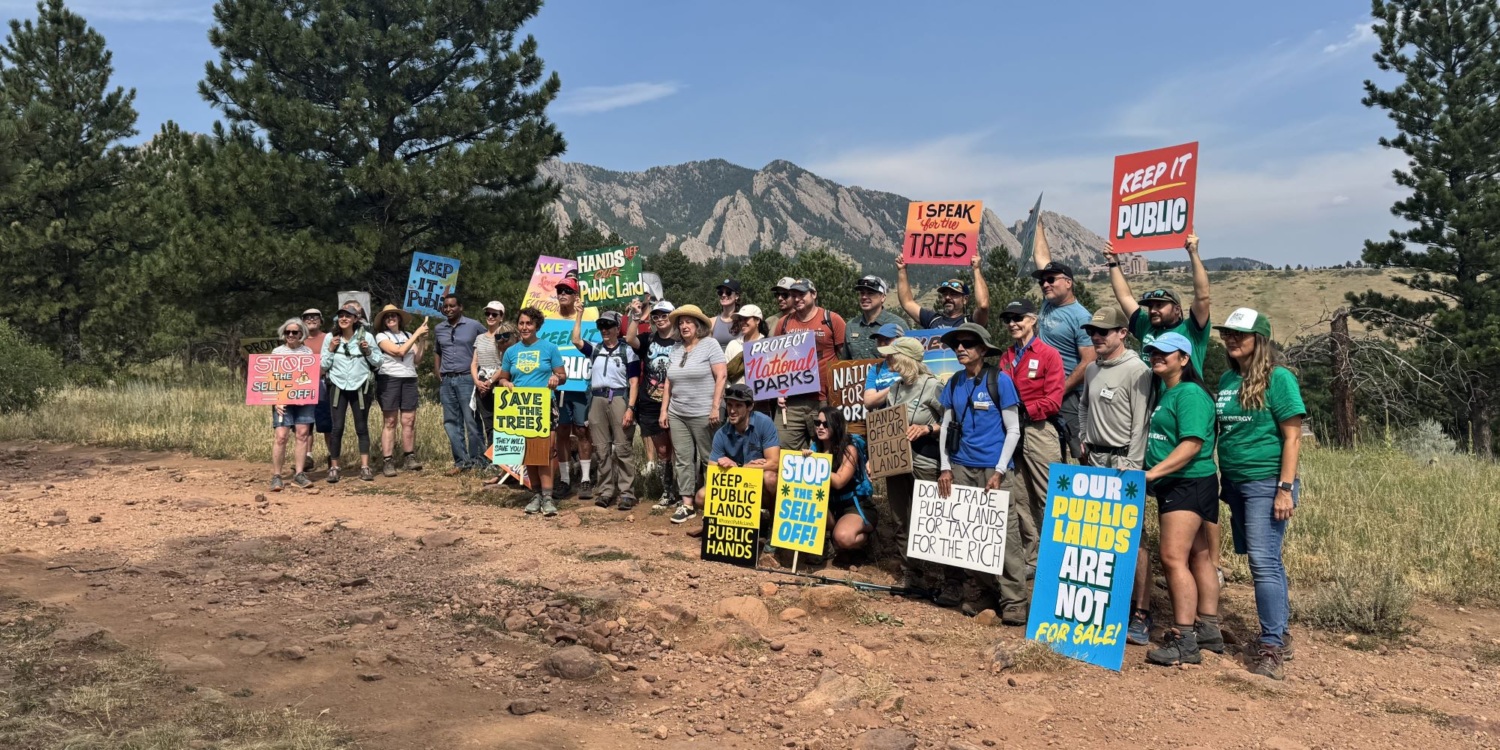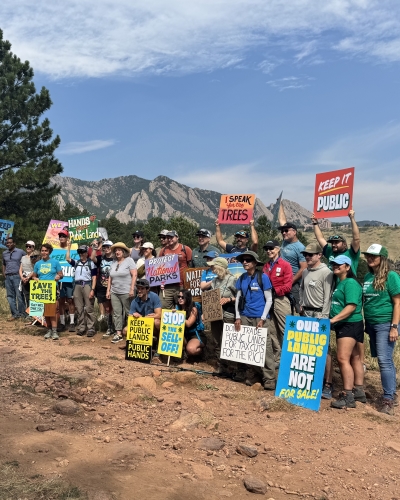The action: BLM approved the expansion of the Lisbon Valley Copper Mine in Utah after short cutting the environmental review process and cutting the public out. The mine already spans over 4,000 acres in San Juan County, and the expansion will bring it to almost 10,000 acres.
Why it matters: Hardrock mining, including mining for copper, is incredibly water intensive. It is also a major source of water and air pollution that releases toxic chemicals into the environment and threatens our public lands. This mine is located just 40 miles from Bears Ears National Monument, in an area considered prized for its conservation values, cultural resources, and outdoor recreation.
Despite ongoing concerns about impacts to land, cultural, and water resources, BLM cut the public out of the decision making process. The National Environmental Policy Act (NEPA) requires the agency to assess the environmental impact of the mine expansion and to propose a draft environmental impact statement to the public for feedback to ensure all concerns are taken into consideration. BLM decided to skip this step altogether, shutting the public out and denying communities’ abilities to understand, ask questions, and raise concerns about how they will be impacted. The expansion of the mine is yet another sell-off of our public lands by this administration to corporate polluters against our will.
The decision to approve this mine expansion during the government shutdown is also disturbing, and reeks of corruption. BLM’s actions demonstrate that while the government is closed for the people, it remains open for Trump’s billionaire friends and corporate polluters.


